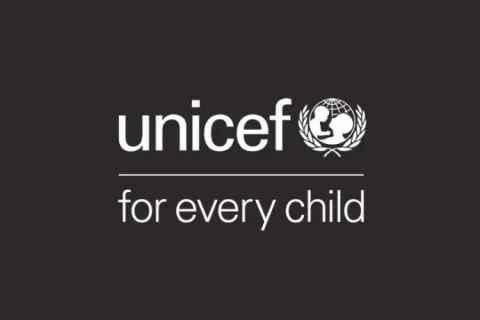Language promotion and development for Ukrainian refugee children
For the integration in national education systems in host countries

Highlights
The language of instruction plays a key role in refugee children’s integration into host country schools, as children spend most of their time at school and this is also where their meet their peers and socialisation take place. Knowledge of the language of instruction enables them to continue their education and learning, fully participate in the host society and overall determines their prospects for future success in work and life and integration in society. Evidence suggests that children who do not know the language of instruction “are more likely to be placed in special education”.1
In response to increasing migration, European countries have implemented a range of approaches and programmes to promote and support language acquisition for refugee and migrant children. Evidence from implementation has contributed to a paradigm shift from approaches that focus on acquiring the language of instruction of the host country towards promoting language integration, both mother tongue and language of instruction, as well as multilingualism in the classroom and the curriculum.
Despite significant investment in language integration policy and various practices established to support the integration of refugee and migrant children in Europe, language remains the most prevalent barrier to school integration across countries hosting Ukrainian children. The lack of knowledge of teachers and schools about the new group of refugees, the traumatic experiences of children caused by the war and displacement, parting from relatives and friends, new educational settings and, more importantly, new languages of instruction pose challenges for both education practitioners that are still to be addressed.
This brief reviews current situation of language instruction in Poland, Slovakia, Czech Republic and Hungary, and based on evidence of effective approaches to language integration in Europe and internationally and extensive mapping recently conducted by UNICEF Education team in ECARO provides a framework to guide the future policy and professional development of teachers and school staff to support the integration of Ukrainian children in country education systems.
1. European Commission, 2016, p. 36





